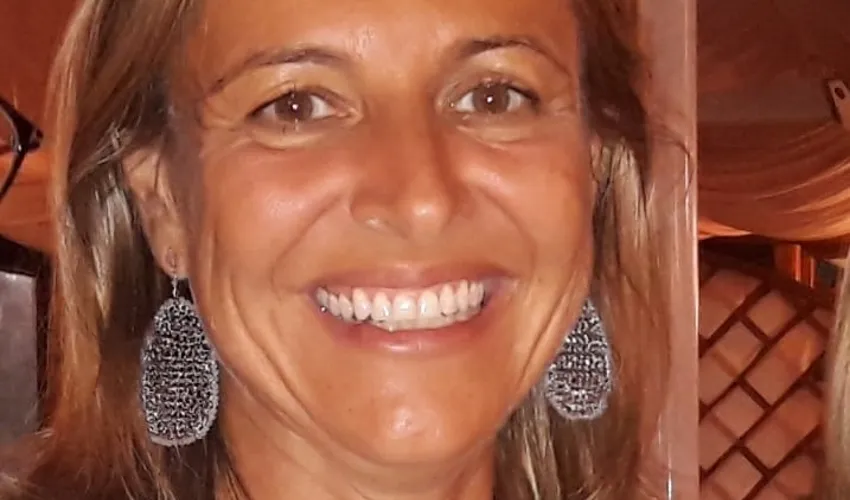
Serena Porcari: This Way We Stay Close to the Kids
Sometimes you have to start with numbers, because they can be more eloquent than words. Over 8,000 people per day connected on average to Dynamo Camp's live broadcasts, with peaks of 17,000 users, between 300 and 800 clicks per post on their Facebook page, and testimonials of thank you and expressions of support from people, perhaps the greatest gratification of all.
Dynamo Camp, the first recreational therapy camp in Italy, hosts children and teenagers suffering from serious illnesses and their families pro bono, offering kids programs aimed at regaining confidence in themselves and their abilities. The coronavirus has forced Dynamo Camp to change but hasn't killed it. On the contrary, it now manages to reach even those who could not attend in person before. "We had to completely reinvent ourselves," explains Serena Porcari, a Bocconi graduate in Business Administration and president of Dynamo Camp. "We launched the 'At home like in Dynamo' program, which allows us to reach our children in their homes with live broadcasts, twice a day, seven days a week, on our portal and on Facebook, allowing them to interact with each other and with our staff. On the youtube channel we also offer art workshops, radio streaming and other activities to reach out various targets."
This was great organizational effort for everyone, because Dynamo Camp is an activity where physical presence and direct interaction are fundamental. "We are training our staff and equip them with the best tools," continues Serena Porcari, "so that the children are always present and stimulated. A great effort is also made in making sure that what we propose can cover everyone's problems. In the live shows we offer therapy and positive thinking, but also music and ballets with choreographies that take into account various disabilities. But it is clear, especially if the emergency were to continue, that we must continue to innovate to keep interest high."